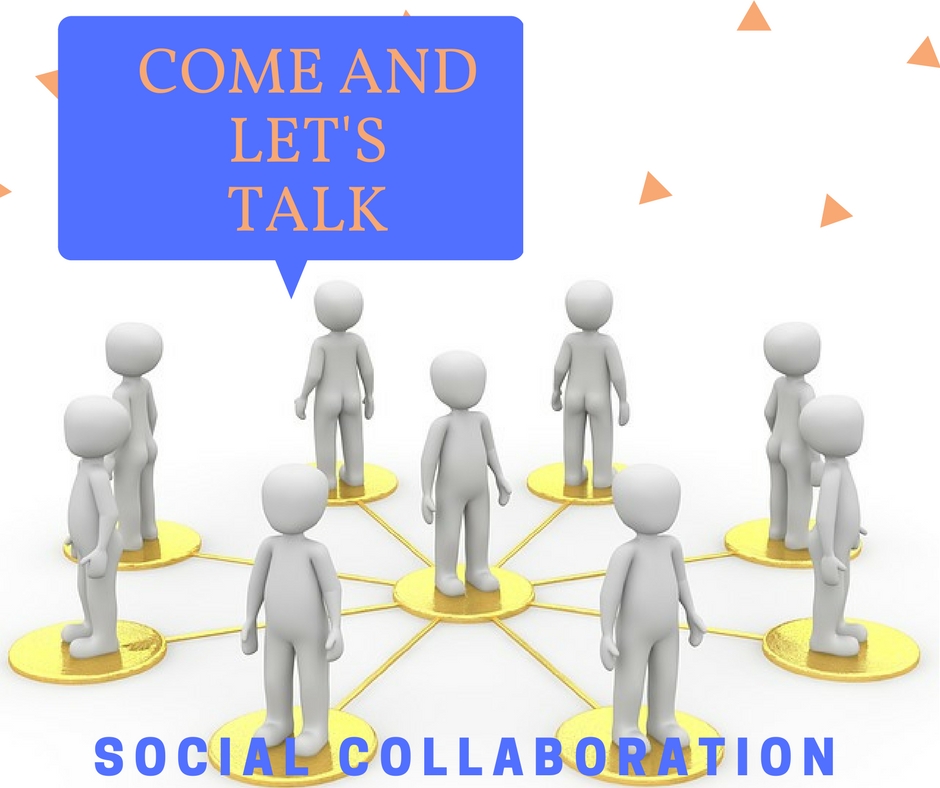Organisations are resorting to collaborative tools to engage employees and consumers.
We have all been there many times. Faced by an impending deadline, staring at the screen and reading through files to see what we’re missing. And, then reading through hordes of e-mails to find that one critical one, which is lost in the clutter. As per Carleton University, workers around the world spend a third of their time in office and half their working time at home, reading and answering e-mails that are neither urgent nor important. That equates to an average of 17 hours a week. So, how do companies address this inefficiency and make their workforce more productive?
The answer, now more than ever, lies with the community. We are in an age of collaboration. With so much information available at breakneck speed on multiple devices, today’s workforce has the advantage of working with team members from any corner of the globe. Thanks to modern technology, workers can get solutions through smartphones, social media, online communities and more, to resolve the most mundane or complex of tasks. However, the Everest Group says that India commands only $600–700 million of the global $54 billion human resource technology space . So, there is room for massive growth.
Thanks to cloud computing, portals such as intranets and wikis are dominating the idea-sharing space. No longer do teams have to physically congregate for weekly meetings; they simply post updates or meet via Skype. Employees no longer need to plan catch-ups with colleagues for insights; they can simply post a question online and get dynamic ideas and solutions within minutes.
Social collaboration at the workplace
Suppose you wish to dine out. You simply visit Zomato and quickly read through the reviews of a restaurant you are considering. The law of averages convinces you that if a restaurant has mostly positive reviews, it is probably worth visiting. You end up deciding in about five minutes. This is how the crowdsourcing economy works, and this is how the modern workplace also functions. Though the term has only been coined recently, its adoption has been immense, especially amongst the millennial generation. The decision-making process is now a part of everyone’s daily lives.
Companies are taking note of the changes and providing their employees with access to collaborative tools. These tools create a level of engagement for both employees and consumers, leading to a rise in performance-related business outcomes. McKinsey states that a minimum of 93 per cent of companies use at least one social technology tool for internal or customer-facing operations to boost productivity.
To compete effectively in a global economy, organisations are recognising the need to adapt and innovate as open cultures. Read this to know how adoption of social technologies enable users navigate seven Cs while remaining meaningful to the workflow of the business.
Most of the tools employed are cloud-based and designed for real-time interactions. Using these, employees can search through gigabytes of documents or conversations, enjoy a customised user experience and integrate functionality with related technologies, such as file sharing or social media, at the workplace. It is not hard to imagine a future, where such tools completely eliminate the need for e-mail as the default mode of written communication.
Collaborative tools, such as Slack, Yammer and Facebook for Work enable employees to ask for what they need and get it instantly. Whether it is a document, an idea, a training module or any other resource, this process almost guarantees quick responses. Some of the clear benefits of social collaboration that companies are now enjoying are:
• Fewer biases
• Better ideation and brainstorming
• Warm camaraderie between colleagues

Social collaboration tools at the workplace make it simpler to solve breakdowns in communication. They offer real-time agility by connecting people easily. This ultimately leads to improved team dynamics, leadership, teamwork and creativity. PwC calls this the ‘Orange World ’. Here, organisations create smaller groups that collaborate and network together to seek new opportunities and fulfill business objectives. This method brings people together on a task-by-task basis, helping enhance flexibility and boost productivity, while minimising costs.
This new way of working also compels organisations to post ideas themselves and invite inputs from their employees. This strengthens the internal trust and gives external stakeholders a glimpse into the inner workings of the companies they invest money and attention in. Proactive communication channels therefore drive knowledge sharing. In India, McKinsey has pinpointed 12 key empowering technologies that will contribute $1 trillion in GDP by 2025 . For that to happen, social collaboration is the key.
Technology alone cannot make people smarter or more productive. The key lies in how technology is used and implemented. For best results, the workforce needs to embrace new ways of working and adopt social collaboration at the same time. This can alter the corporate culture and make community-driven working a fabric of every company’s DNA.
(The author is V-P & GM, product management at SumTotal Systems.)



